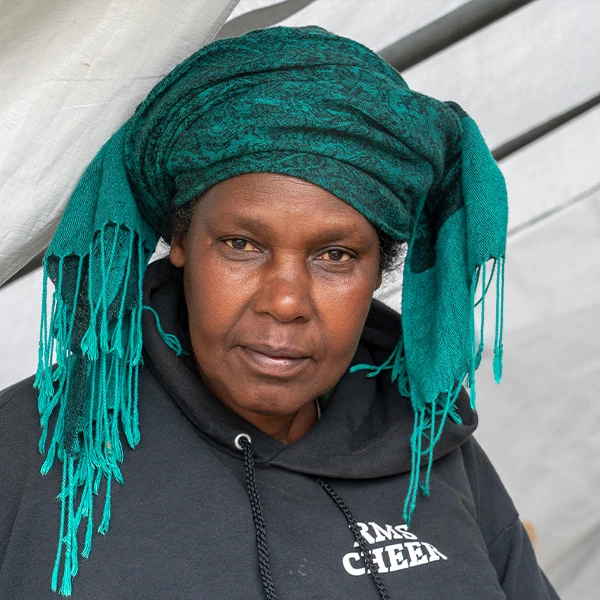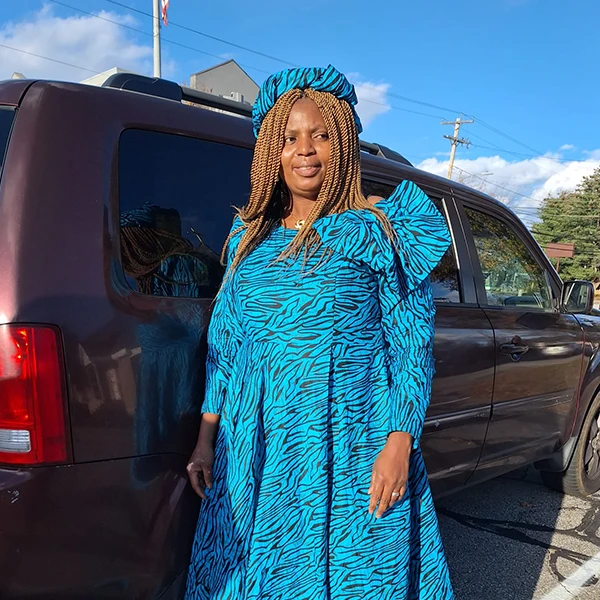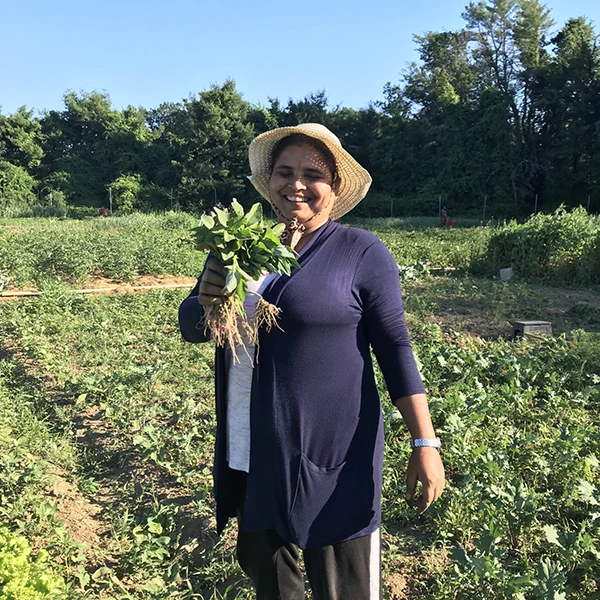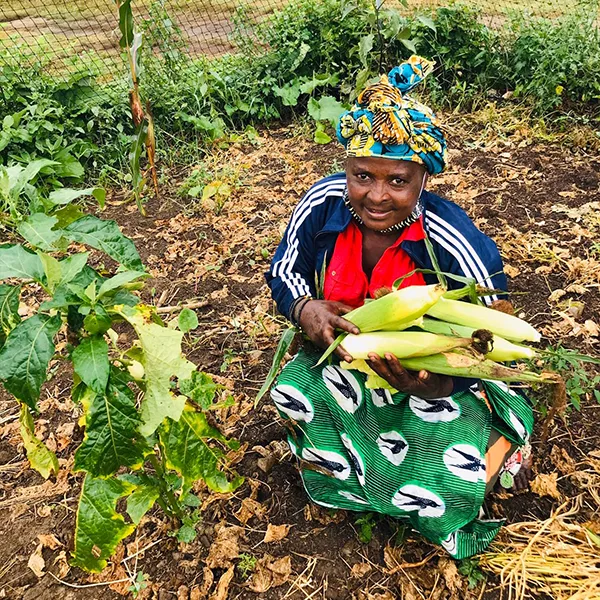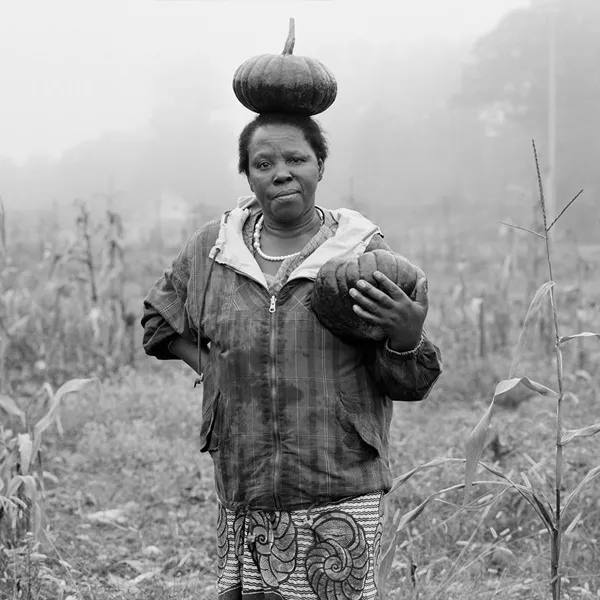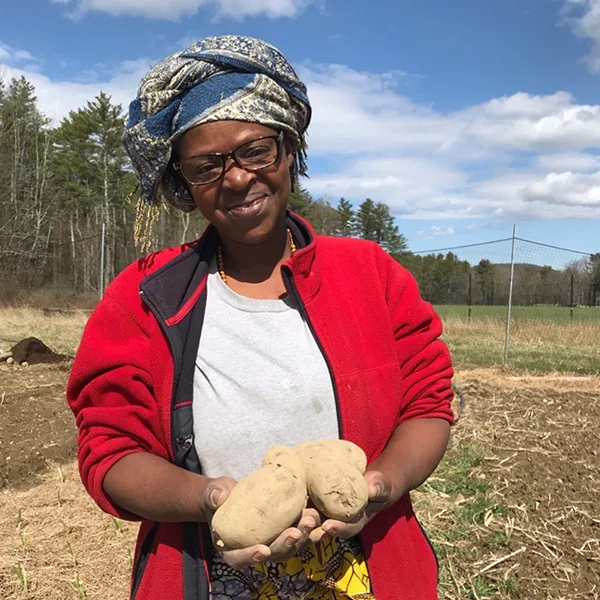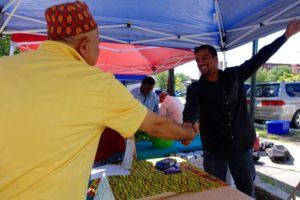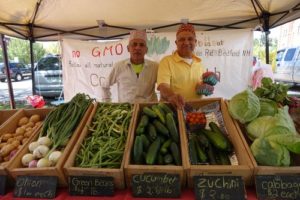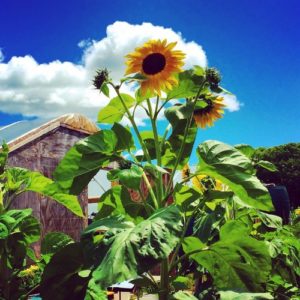Mukamujeni Nyiramutuzo, one of the farmers assisted by the Organization for Refugee and Immigrant Success (ORIS), explains that her tireless efforts in growing vegetables and culturally significant crops extend beyond tangible materials; it’s the joy she feels when witnessing her crops flourish.
Originally from Congo, Mukamujeni shares that farming has been her lifelong passion, a skill she began honing at the age of seven. “I’ll never forget the tiring collection of climbing bean sticks,” she recalls when asked about her earliest farming memory as a child.
From her childhood days cultivating beans, sweet potatoes, corn, and vegetables to her current status as a farmer in the US, Mukamujeni’s commitment to farming has remained unwavering. “I began farming the very year I arrived in the US. Farming isn’t just a job; it’s my passion. Seeing ripe crops in the field brings me indescribable joy.”
“In winter, I feel unwell. I miss the crops and spending time outdoors, conversing with friends and engaging in various field tasks,” she shares.
For Mukamujeni, the primary reason she continues farming is the ability to provide fresh, culturally significant crops for herself and her family, enriching her life in her adopted home. She hopes her children will follow in her footsteps, although she acknowledges the challenges. “They perceive farming as something for the elderly, having different ambitions and aspirations. I believe it’s because they are growing up in a culture with endless opportunities and choices.”
Mukamujeni, along with 25 other farmers, cultivates various vegetables such as amaranth, kale, Bok choy, carrots, cabbages, and African eggplants, as well as other culturally significant crops like potatoes and sweet potatoes on a 1/12-acre plot provided by ORIS.
The farming season typically runs from late May or early June to mid-October. During winter, ORIS assists farmers in engaging in farming techniques and food safety training, record-keeping, and planning for the upcoming season.
These training sessions provide valuable opportunities for farmers to exchange ideas, learn from each other, and build connections with potential buyers for the upcoming season.
Mukamujeni’s advice to New Americans passionate about farming is to start small and gradually expand. “New farmers can begin by acquiring a small plot and grow in their spare time.” She advises.

